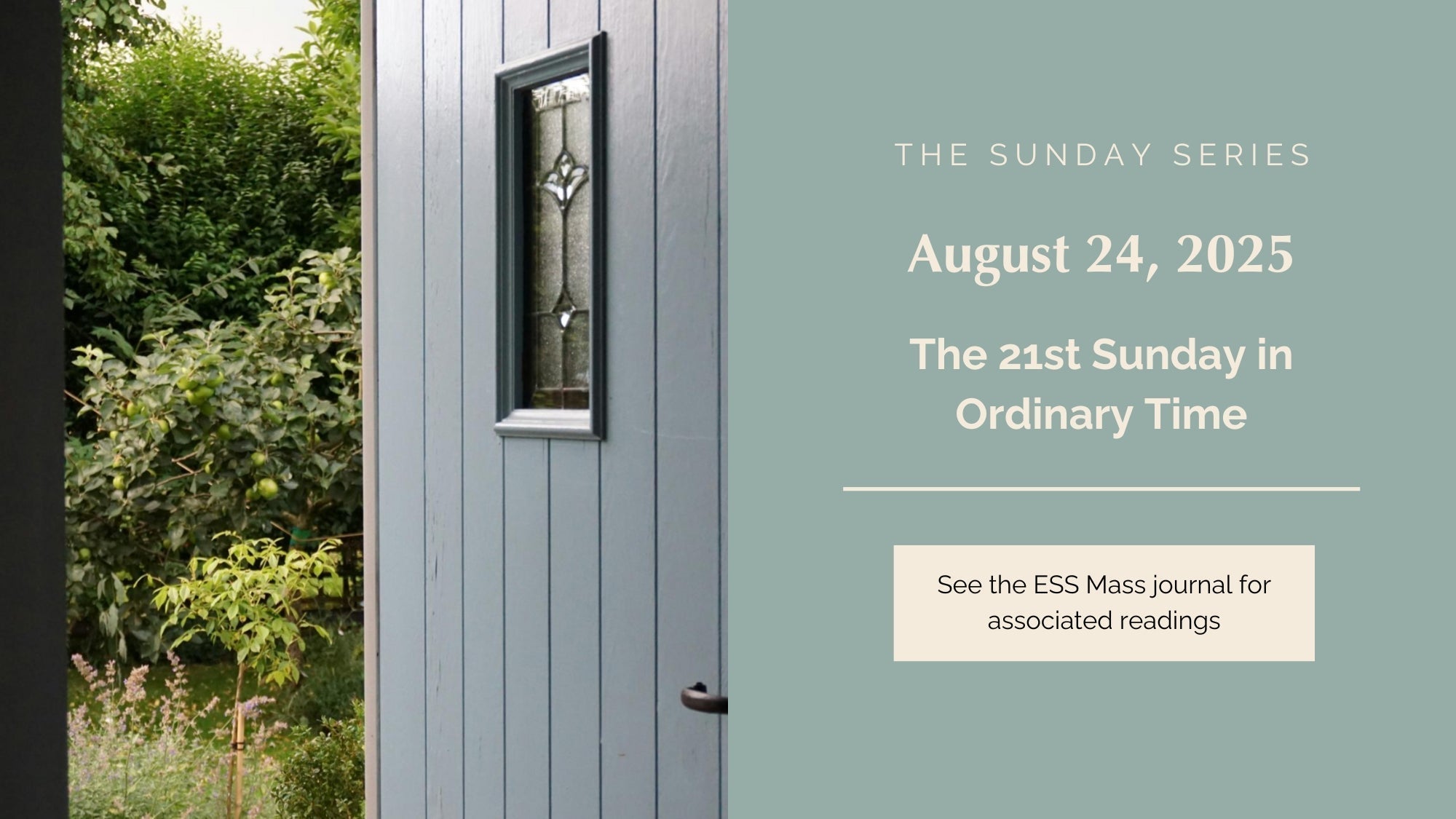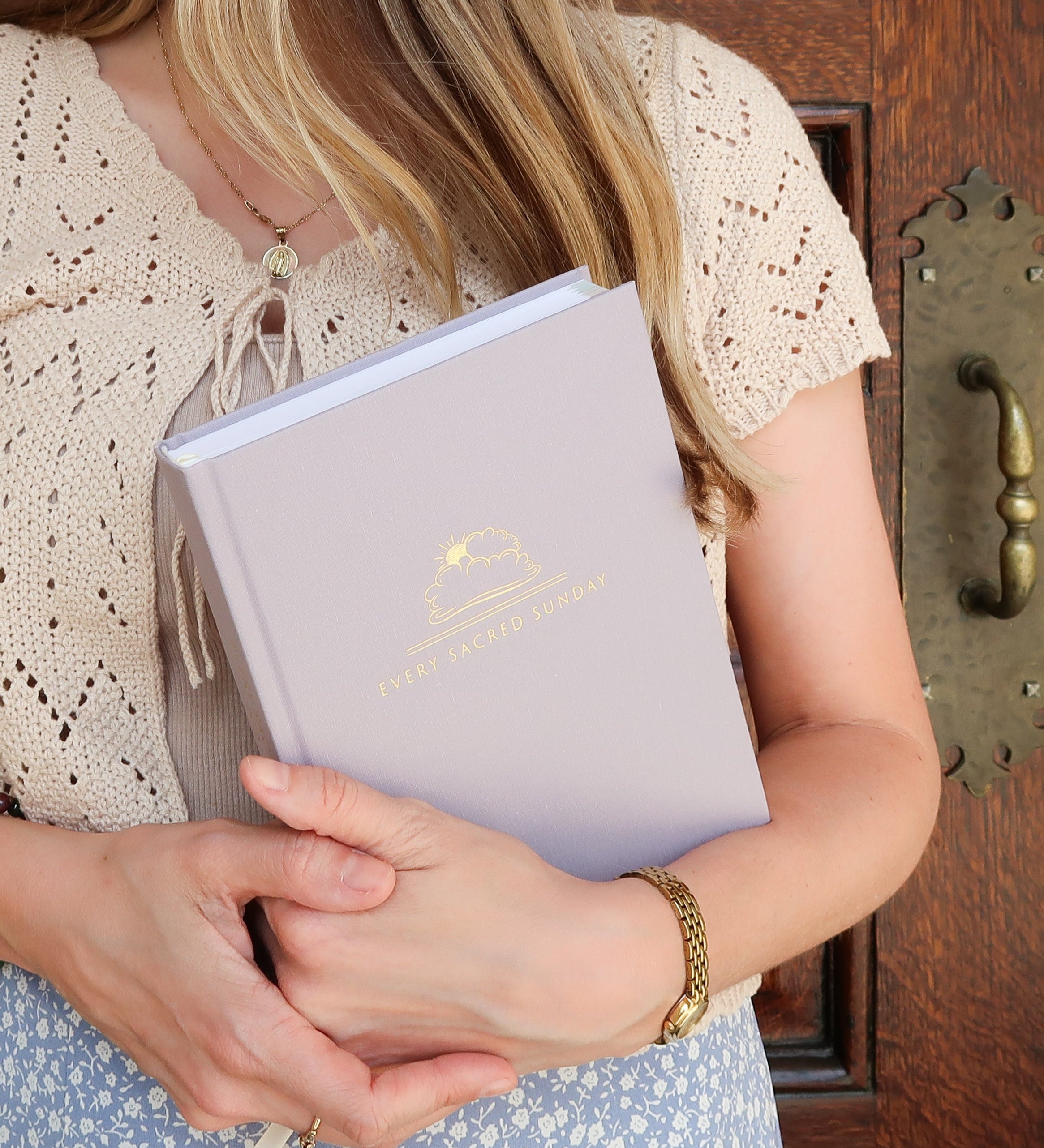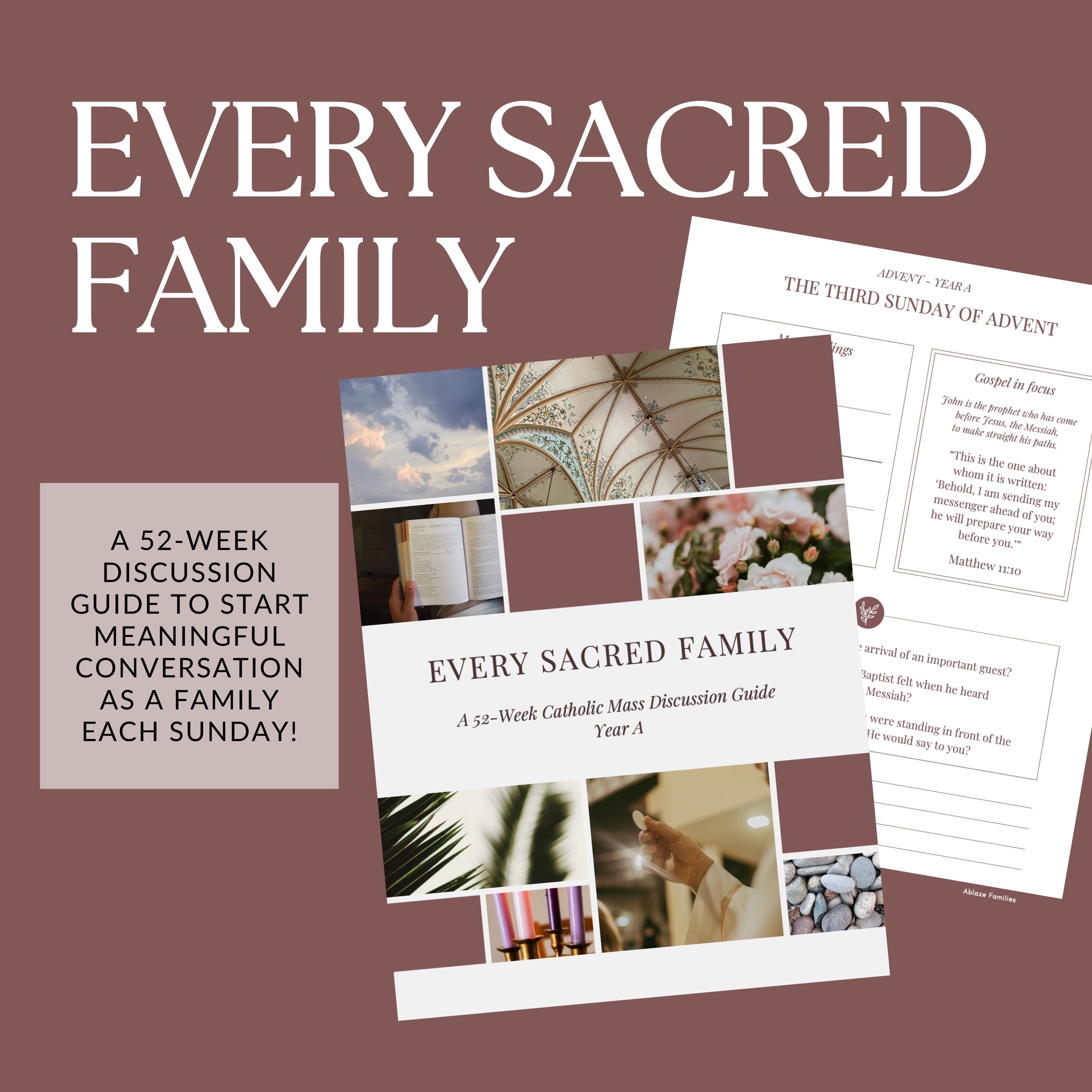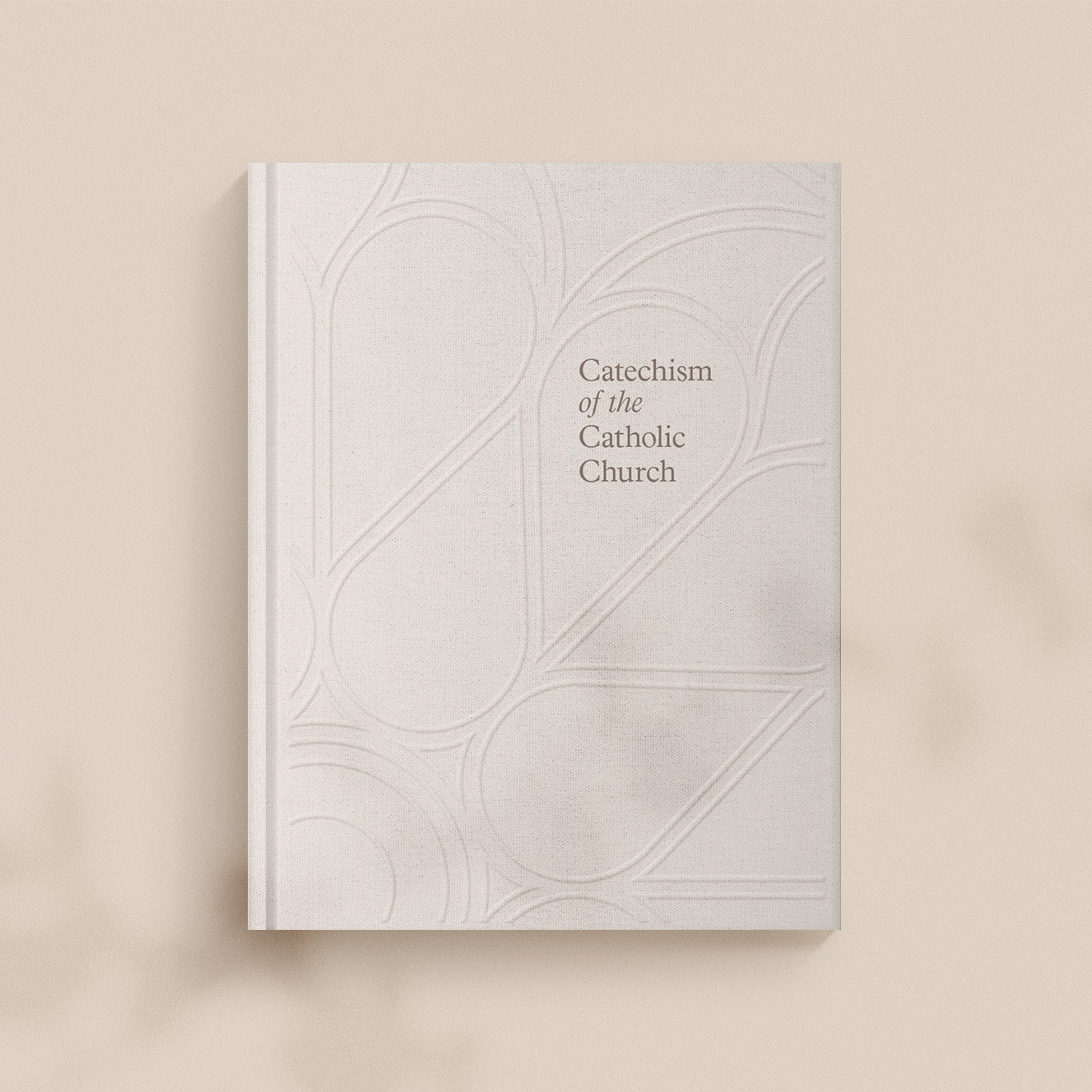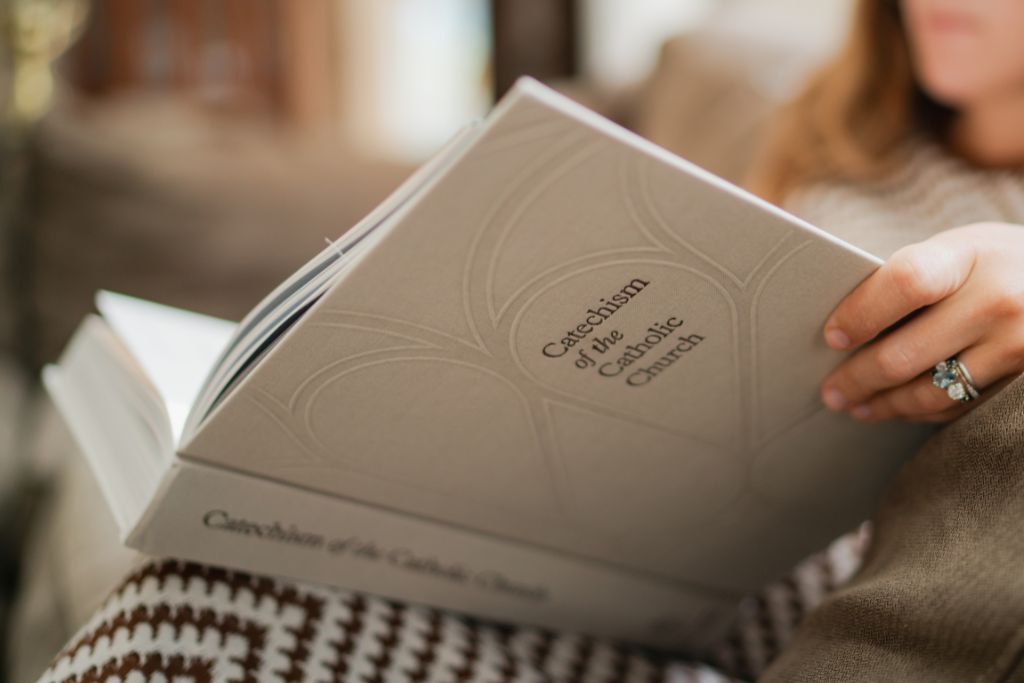The associated reading for this reflection can be found in your Every Sacred Sunday Mass journal or online here.
Reading Frankenstein with my students earlier this year, I was struck by how easily the wrong question can distract—and even destroy—someone. I won’t belabor the plot, but Victor’s obsessive pursuit to create human life is a response to the question “What is possible?” In an ironic quote early in the novel, he proclaims his desire to understand “the secrets of heaven and earth,” and declares his inquiries to be directed at “the metaphysical, or in its highest sense, the physical secrets of the world.” In assuming physical secrets to be the apex of understanding, Victor has mistakenly prized the creation above the Creator.
Today’s Gospel similarly begins with the wrong question: “Lord, will only a few be saved?” The petitioner seeks a sort of statistical reassurance or quantitative peace, but the Lord in his mercy does not give the man the answer he requests but rather the one he needs: “Strive to enter the narrow gate.” In a swift turn, the Lord frames redemption in terms of personal faith and fidelity to Christ’s teachings rather than membership in a group or proximity to goodness.
We oughtn’t strive to do just enough to be the last one in the door, the Lord exhorts us, but instead become “strong enough.” And we especially must not think that we are worthy simply because we are here—wherever our comfortable here may be—for the Lord notes that people will journey from all directions to enter the kingdom of God even as we dwell in our own complacency.
The narrow gate is the perfect way for us to conceive of our human freedom. For it is easy for us in this world—like Victor—to think of all we can do. We see the expansiveness of our freedom as an invitation to veer this way and that. Yet as St. Basil the Great concludes, “The right way is narrow, the slightest turning aside full of danger, whether to the right or to the left, as on a bridge, where he who slips on either side is thrown into the river.” We must hone our freedom in this world in constant pursuit of the narrow way—then we may be rewarded with the expansive goodness waiting for us in Heaven.
Whether Victor is truly redeemed, I shall not declare, but his opening letter does, on my view, point us toward a truth: “Learn from me, if not by my precepts, at least by my example, how dangerous is the acquirement of knowledge.” The desire for knowledge of the world—in whatever myriad and sinful ways we may acquire it—flits and dances in front of us always, so we must strive to be strong and shed ourselves of that which would prevent us from acquiring salvation through that beautiful narrow gate. After all, the Lord tells us, the door is open.
Daniel Gray is a teacher and writer living in Central Texas. An adult convert to Catholicism, he loves his faith-filled and inspiring wife, Regina, his toddler son, Ezra, and his squishy daughter, Eloise. He writes short reflections on the Catholic life at Backward Progress.

